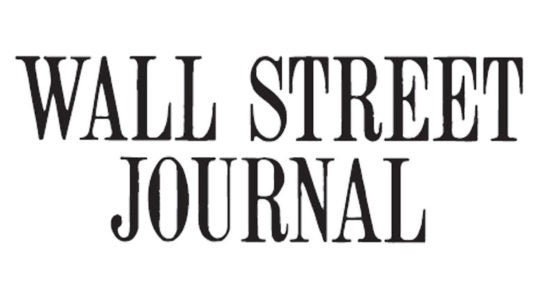Finance chiefs are closely tracking how U.S. trade policy could change after the presidential election, potentially leading to higher tariff-related costs and new restrictions on certain products.
The winner of the election will have to navigate tensions with China and Mexico as well as determine the course on trade tariffs that can hurt a company’s financial health, disrupting its cash flow and supplies. Washington currently imposes tariffs on roughly three-quarters of all products China sells to the U.S.
A second Trump administration is expected to continue using tariffs to try to protect U.S. companies from foreign competition and negotiate better trade agreements. President Trump in a second term will also likely continue using unilateral tools such as new tariffs to address trade concerns with China.
By contrast, Democratic challenger Joe Biden has said he intends to consult with allies on a common approach toward China and won’t sign new trade deals until he gives the middle class an economic boost, in part by creating jobs. The former vice president has also said he would use tariffs, such as quotas on imports from countries that fail to meet climate targets.
To read the full article, click here.

